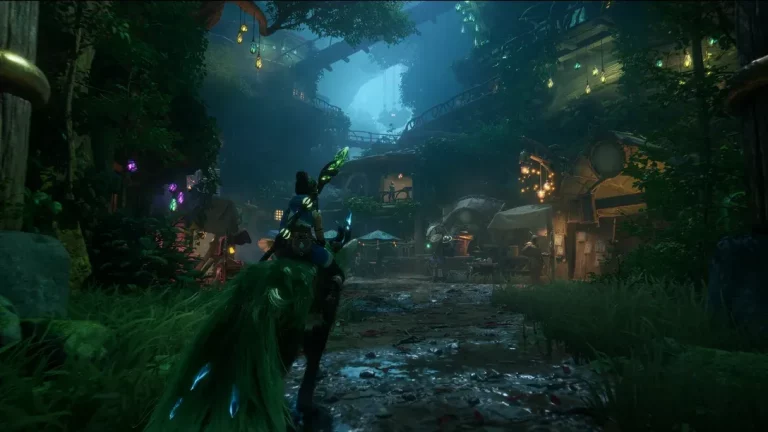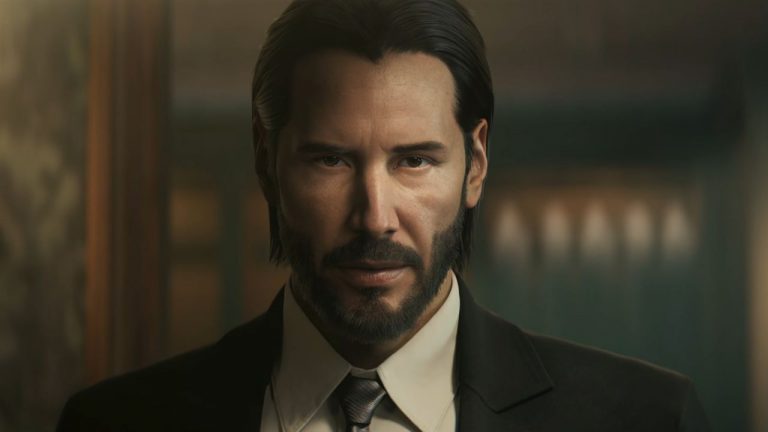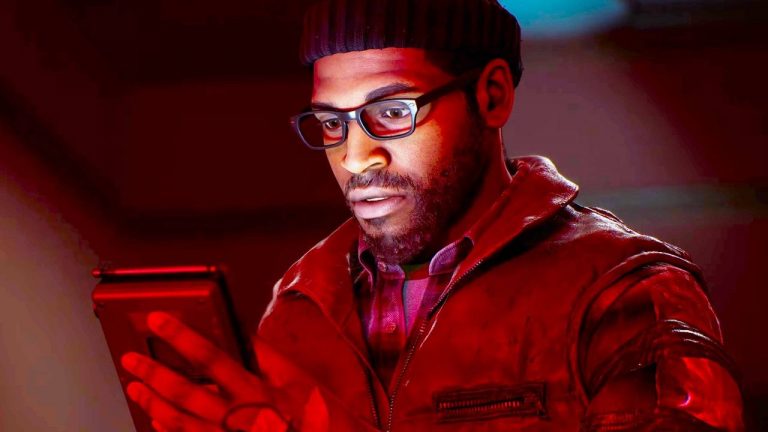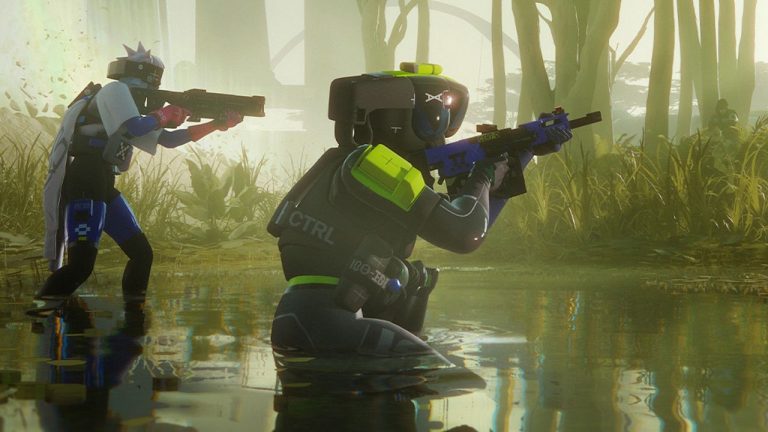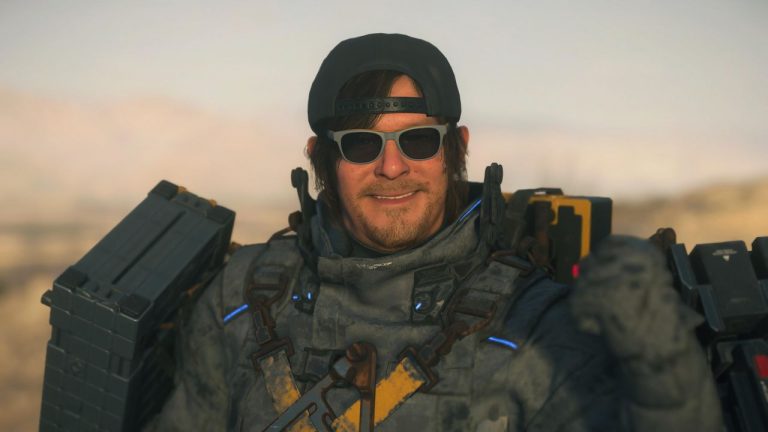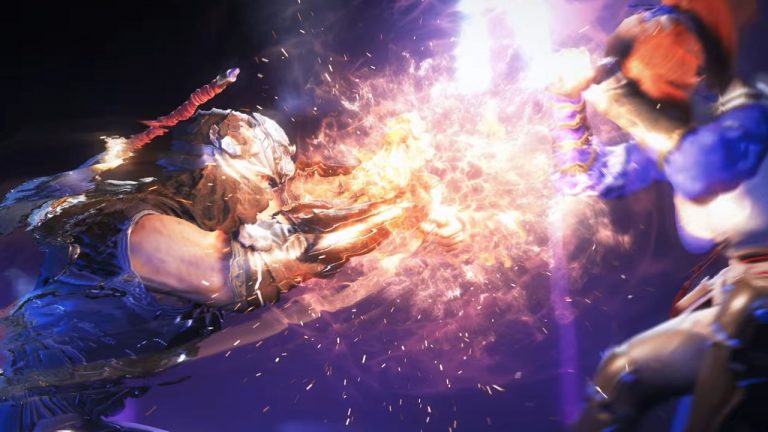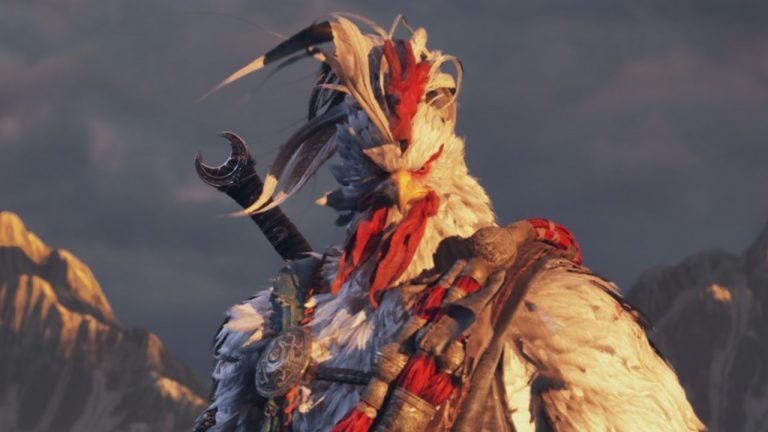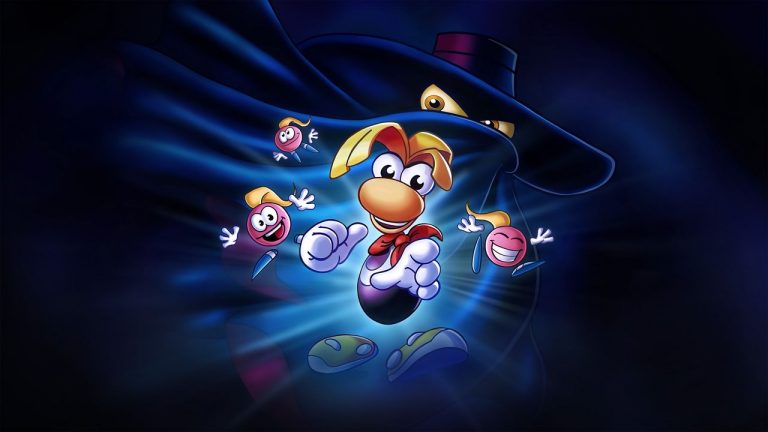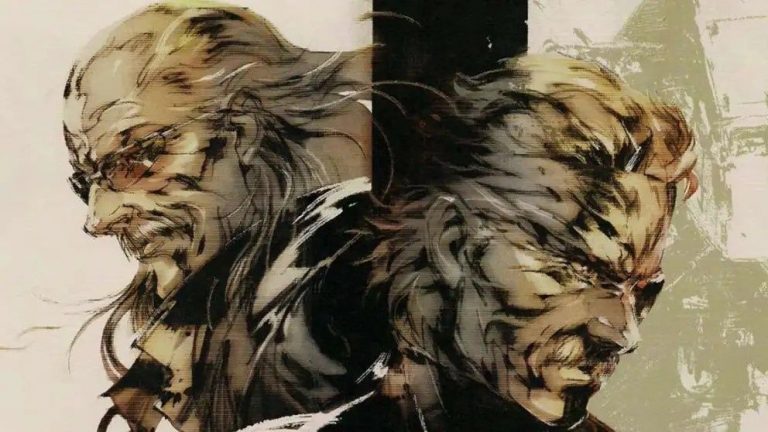I am, unfortunately, a bit of a hypocrite when it comes to videogames—especially ones like Stalker. In my heart, I know that atmosphere has precious little to do with graphical fidelity, that a skilled artist can make a deeply immersive game with naught but a few pixels, some shillings, cardboard, and elbow grease.
But there’s a reason I’ve never properly sunk my teeth into Stalker: Shadow of Chernobyl despite all the praise it’s gotten—and I have to admit it has quite a lot to do with presentation. The game never looked bad for its time, and its immersive atmosphere is rightfully lauded—but its visuals have had a short half life. It was developed in the X-Ray engine, but it gives me a source-engine smell that’s impossible to disconnect from my misspent youth in Garry’s Mod.
This is a personal failing. However, after sitting down and playing a hands-on demo of the game at Gamescom, I’m happy to report that developer GSC Game World has excelled in the areas it was already strong at, and is on its way to create a game that rivals the first’s legendary texture with all the new modern toys in the studio’s toolbox.
The short session I enjoyed followed Skif, a downright surly fellow, returning to the zone with an artefact and a thirst for answers. As uninitiated to the franchise as I am, the finer details blissfully drifted past my head as I was promptly (and appropriately) shoved through a dank, pitch-black sewer that taught me the basics of movement before being given a direction, a set of wide open fields with abandoned farmhouses in them, and several locations to scan.
In an interview I’d later do with the studio’s technical producer Evgeniy Kulik, I’m reassured that “all locations you may notice in the game, from the big ones to the smallest villages, are made all by hand”—and I can feel it here. I nervously crouch-crawl into some abandoned buildings with my flashlight off, and while many are desolate, I’m just as surprised by how many show signs of life. Bodies are often slumped over by lived-in vignettes, collections of items designed to try and make this localised apocalypse homely.
In terms of gameplay, I found few complaints even as a newcomer—most mechanics are self-explanatory, and I had a fantastic little bout of combat with an invisible mutant wherein I had to turn, fire, and preemptively shoot based on the thing’s footsteps given my limited visibility.
What was mostly going through my mind, however, was an appreciation for just how far the studio itself has come in the 16 years since the first game. Not just in terms of its harrowing real-life struggles—test builds being leaked, an active war, and a new office away from said war suffering a fire—but in terms of what I am seeing, hearing, and feeling as I slink nervously through the underbrush.
Comparing notes to PC Gamer’s own Phil Savage, who played a demo at last year’s Gamescom, I get the sense I’ve had a far more relaxed experience. That’s either because I played like a complete scaredy-cat, or because GSC Game World is, by this point, expertly proficient at building up and releasing tension.
In one segment, I arrive to establish contact with a bunker only to find out everyone inside’s been killed—I slink around corners, cautiously search for a laptop, and await whatever butchered everyone to jump out at me—perhaps, if I’m lucky, with an ‘ooga booga’. Stalker 2 resists this urge, however, and it just made me even more nervous. This is a trick I imagine the full game’s going to use with cruel efficiency, after all, the monsters you can’t see are the most frightening.
The modernisations of Stalker 2 might genuinely be the thing that gets me on board with the series and—with any luck—shedding my hypocrisy like so much irradiated flesh, motivating me to go back and give the first games a proper try. After all, if I can survive a one-on-one duel with a rusty assault rifle against a mutant with in-built cloaking technology, I can probably handle the original recipe (he said, with immeasurable hubris). Stalker 2 plans to release November 20.



